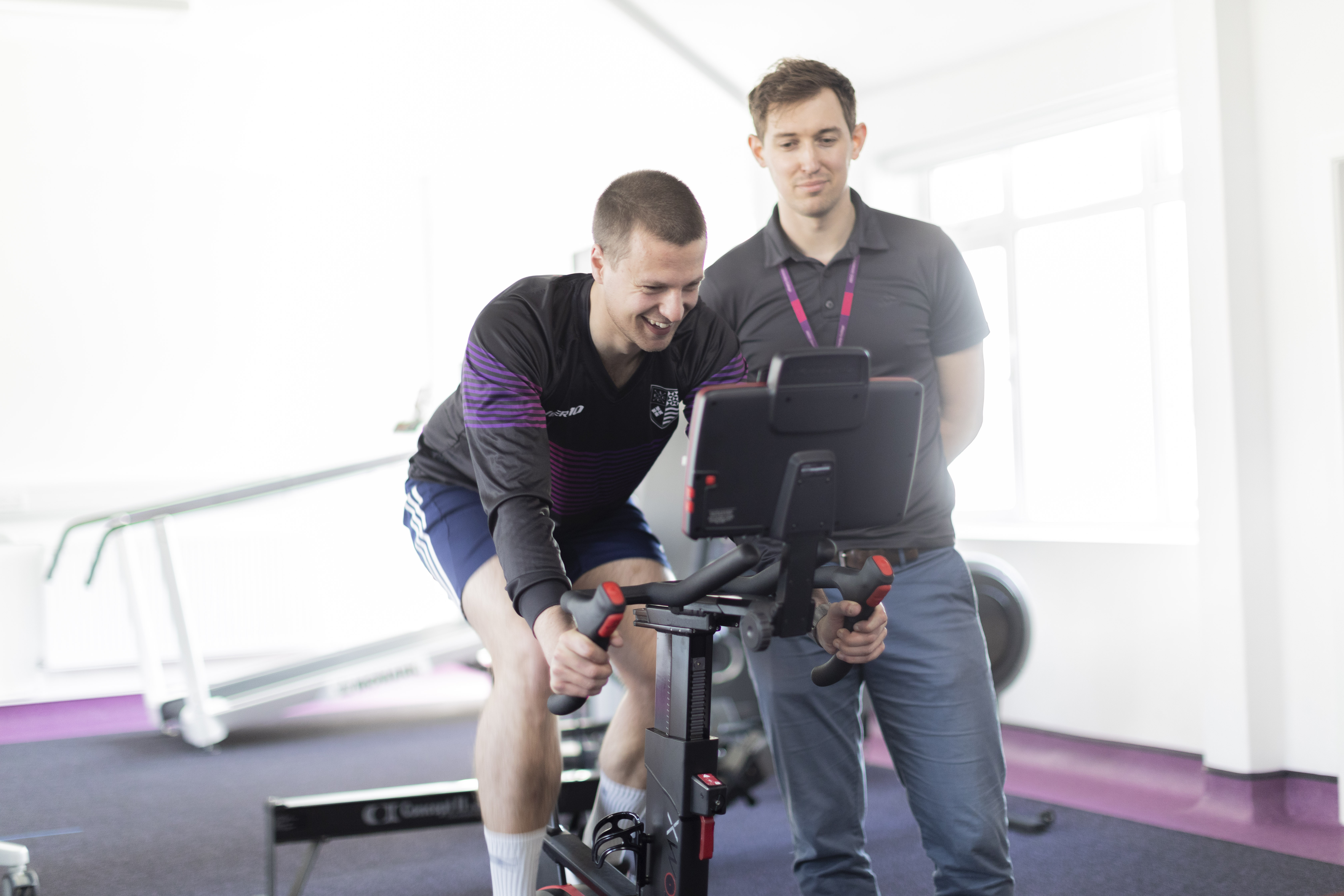
Overview
Social media has been reported to have positive social benefits such as keeping in contact with friends and family (Ellison, Vitak, Gray, & Lampe, 2014).
However, in a sporting context it has been suggested that engagement with social media platforms both prior to and during competition can have a negative impact upon performance (Encel, Mesagno & Brown, 2017; Miah, 2012). Indeed, specific research focused on Facebook use has suggested a link between social media use and the concentration disruption component of sport anxiety (Encel et al., 2017). In this study push notifications in particular were highlighted as causing concentration disruption.
Facebook use has been suggested to meet two specific social needs: the need for belonging and the self-presentation. The need to belong is a strong desire to form and maintain enduring interpersonal attachments (Nichols & Webster, 2013). Self-presentation is the process by which people attempt to control and monitor how they are perceived and evaluated by others (Schlenker, 1980)
While this link between Facebook and concentration disruption (Encel et al., 2017) has been reported and anecdotal links between social media and performance suggested (e.g., Miah, 2012), there is currently very little research that has explored this suggested link in greater detail.
Project Contact:
Professor Stewart Cotterill
Email: scotterill@aecc.ac.uk
Details
Aims
The aim of this PhD programme of research is to seek to better evidence any potential link between social media engagement and sport performance. The research will seek to measure potential impact and correlation, as well as seeking to better understand the perceptions of athletes and coaches. Ultimately the aim of this programme of research is to provide practice guidance to athletes, coaches, and sport psychologists.
Methods
This programme of research will utilise a mix of both qualitative and quantitative approaches to best understand the measurable and perceived impact of social media use both directly and indirectly upon sport performance.
In particular, the research will adopt a phenomenological approach to interview both athletes and coaches to understand their perceptions of the impact of social media upon athletic performance, and the potential impact of social media use on factors indirectly impacting upon athletic performance including mental health status, sleep, self-concept, and self-efficacy.
In addition, the programme of research will also seek to quantify social media use and its correlation to both objective measures of athletic performance and key psychological measures including stress, self-efficacy, confidence, and distractibility.
Expected outcomes
To provide evidence of the potential link between social media use and performance, and to provide recommendations for athletes, coaching and sport psychologists.
Impact
There is some, though limited evidence suggesting a link between social media use and athletic performance, particularly when social media engagement takes place directly prior to performance. This programme of research seeks to provide greater clarity regarding this relationship and ultimately to provide social media use guidance to athletes, coaches, and support staff to maximise any positive relationship that exists and to minimise any potential negative relationships that exist. In addition, the outcomes of this research can be used to positively impact upon the mental health and wellbeing of athletes across different sports and contexts.
Funding 
We have funding available via competition for fully-funded studentships or fee-waiver support for UK home students. Applicants are asked to make it clear as part of their application that they are applying for one of these funded opportunities. Decisions will be made based on the excellence of the candidate.
Self-funded students are also welcome to apply for this project. Self-funded students can be UK home students or international students.
Availability 
Available to both UK and International students.
Potential Supervisors 
- Stewart Cotterill, Professor of the Psychology of Human Performance, Health Sciences University, UK
- Stephanie Tibbert, Lecturer in Sport & Exercise Psychology, Health Sciences University, UK
References 
Ellison, N., Vitak, J., Gray, R., & Lampe, C. (2014). Cultivating social resources on social network sites: Facebook relationship maintenance behaviors and their role in social capital processes. Journal of Computer-Mediated Communication, 19(4), 855–870. doi:10.1111/jcc4.12078
Encel, K., Mesagno, C., & Brown, B. (2017). Facebook use and its relationship with sport anxiety. Journal of Sports Sciences, 35, 8, 756-761. Doi: 10.1080/02640414.2016.1186817
Miah, P. A. (2012, August 9). Viewpoint: London 2012, a social media Olympics to remember. BBC News. London: BBC News
Nichols, A. L., & Webster, G. D. (2013). The single-item need to belong scale. Personality and Individual Differences, 1, 189–192. doi:10.1016/j.paid.2013.02.018
Pronschinske, M., Groza, M. D., & Walker,M. (2012). Attracting Facebook ‘fans’: The importance of authenticity and engagement as a social networking strategy for professional sport teams. Sport Marketing Quarterly, 21, 221–231.
Schlenker, B. R. (1980). Impression management: The self-concept, social identity and interpersonal relations. Monterey, CA: Brooks/Cole.
Latest News
Discover and read all the latest news, press releases and happenings here at Health Sciences University.
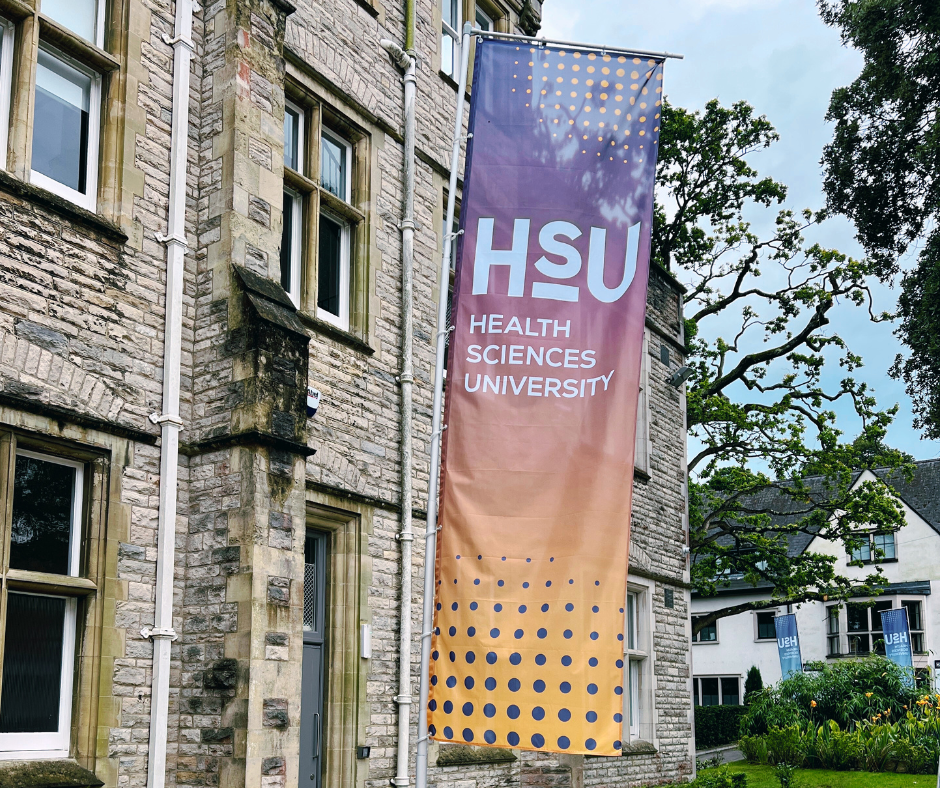
Health Sciences University (HSU) and the College of Integrated Chinese Medicine (CICM) have confirmed that they have begun early exploratory discussions about the possibility of a future merger. HSU and CICM already have an established academic relationship, with HSU currently validating CICM’s degree provision. The discussions now underway are separate from, and additional to, this existing validation arrangement.
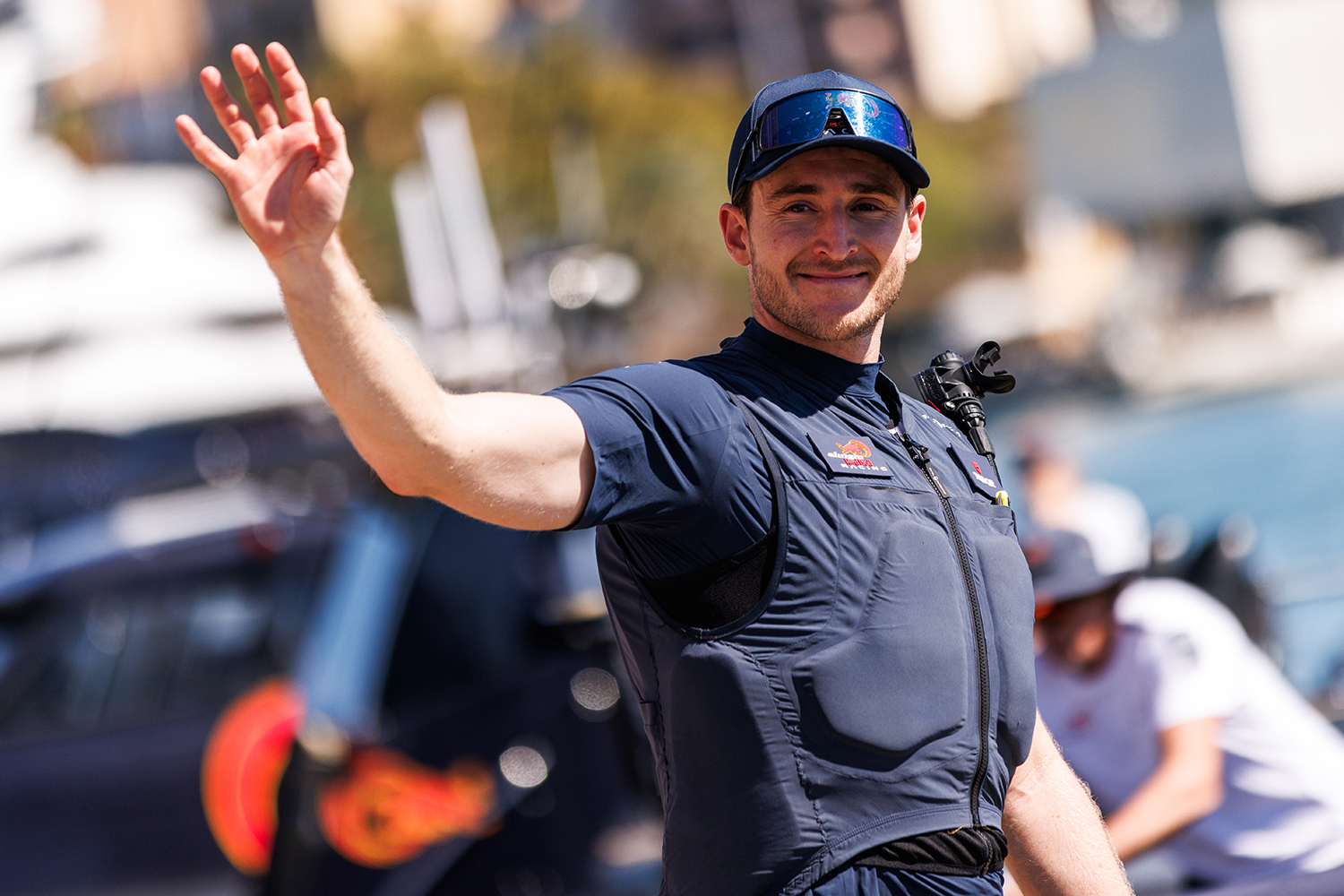
Nils Theuninck is a third-year Master of Chiropractic student at Health Sciences University with an impressive background in elite sailing. He has competed internationally as part of the Swiss National Sailing Team and has earned several podium finishes at major events. Most recently, Nils sailed with Alinghi Red Bull Racing in their challenge for the 37th America’s Cup. His dedication to both sport and chiropractic has been recognised with a 2025 International Sports Chiropractic Federation (FICS) Student Scholarship. We spoke to him about his sailing journey, how this influenced his decision to study chiropractic, and his goals for the future.
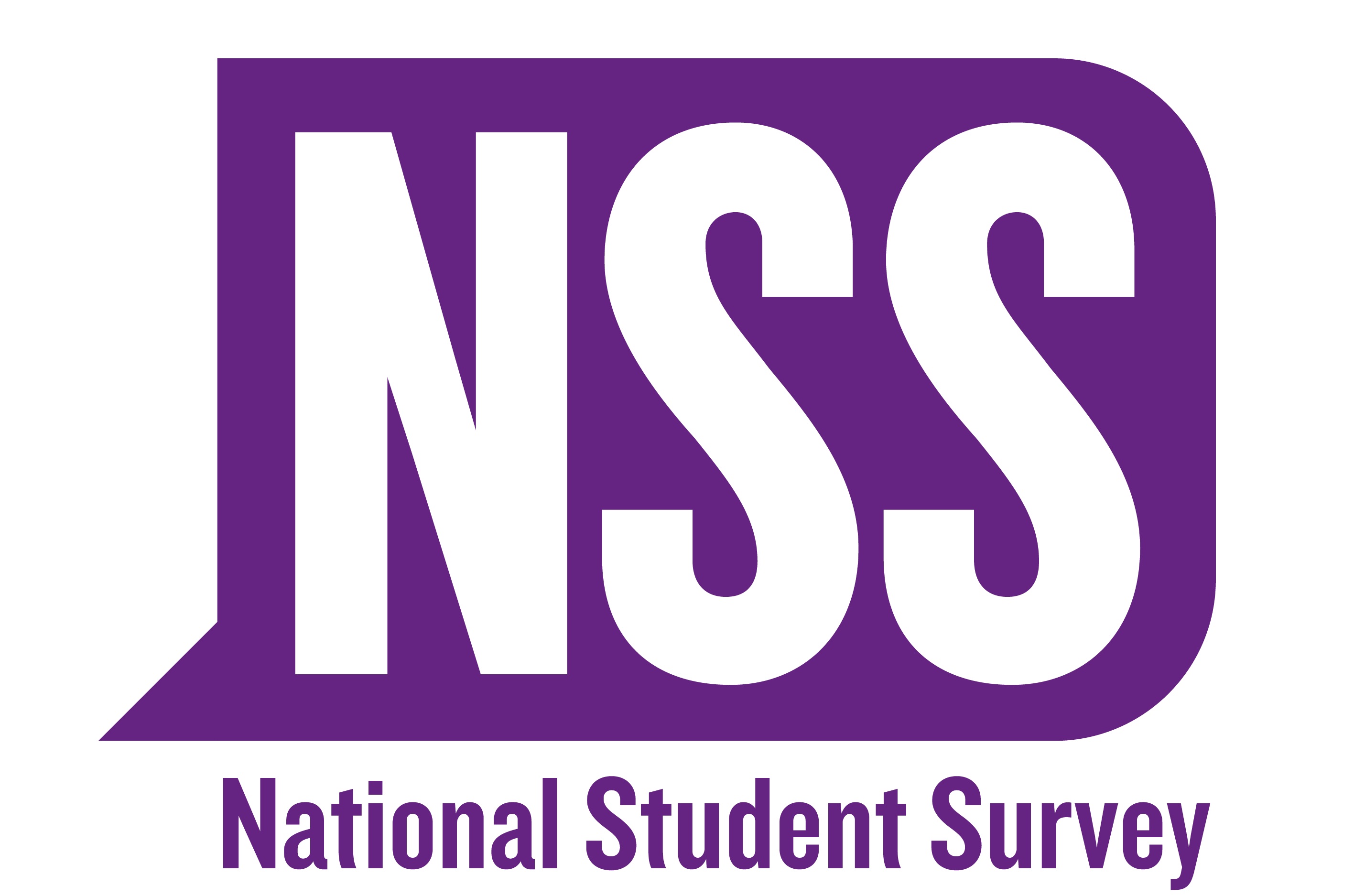
The National Student Survey (NSS) is now open and will close on 30 April 2026. If you’re a final‑year undergraduate, this is your chance to tell us about your experience of studying at HSU.

Our campuses in Bournemouth and London will be closed from 6pm Wednesday 24th December 2025, and will re-open at on Monday 5th January 2026.
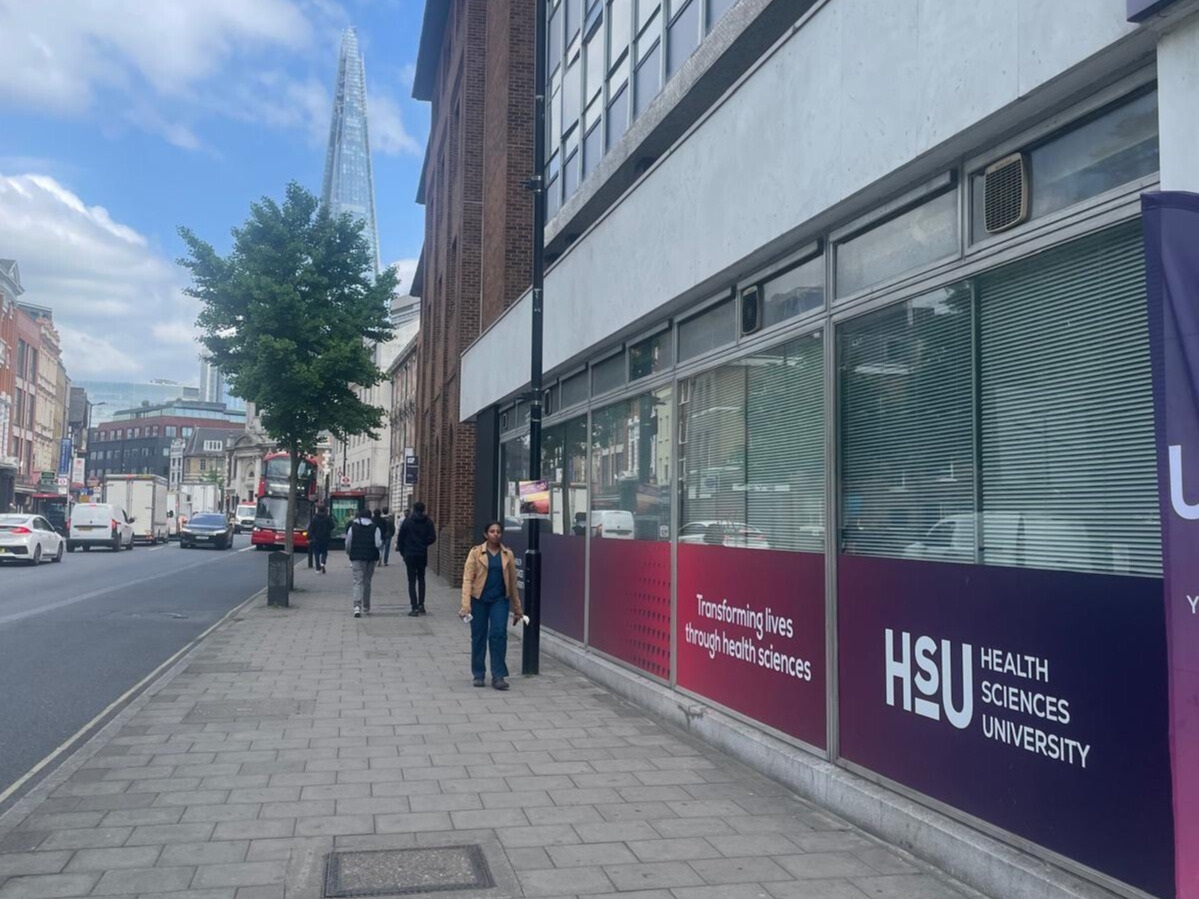
An innovation developed through HSU’s Centre for Osteopathic Research and Leadership (CORaL) has been selected by the World Health Organization as one of just 21 projects worldwide to feature at the WHO Global Summit.
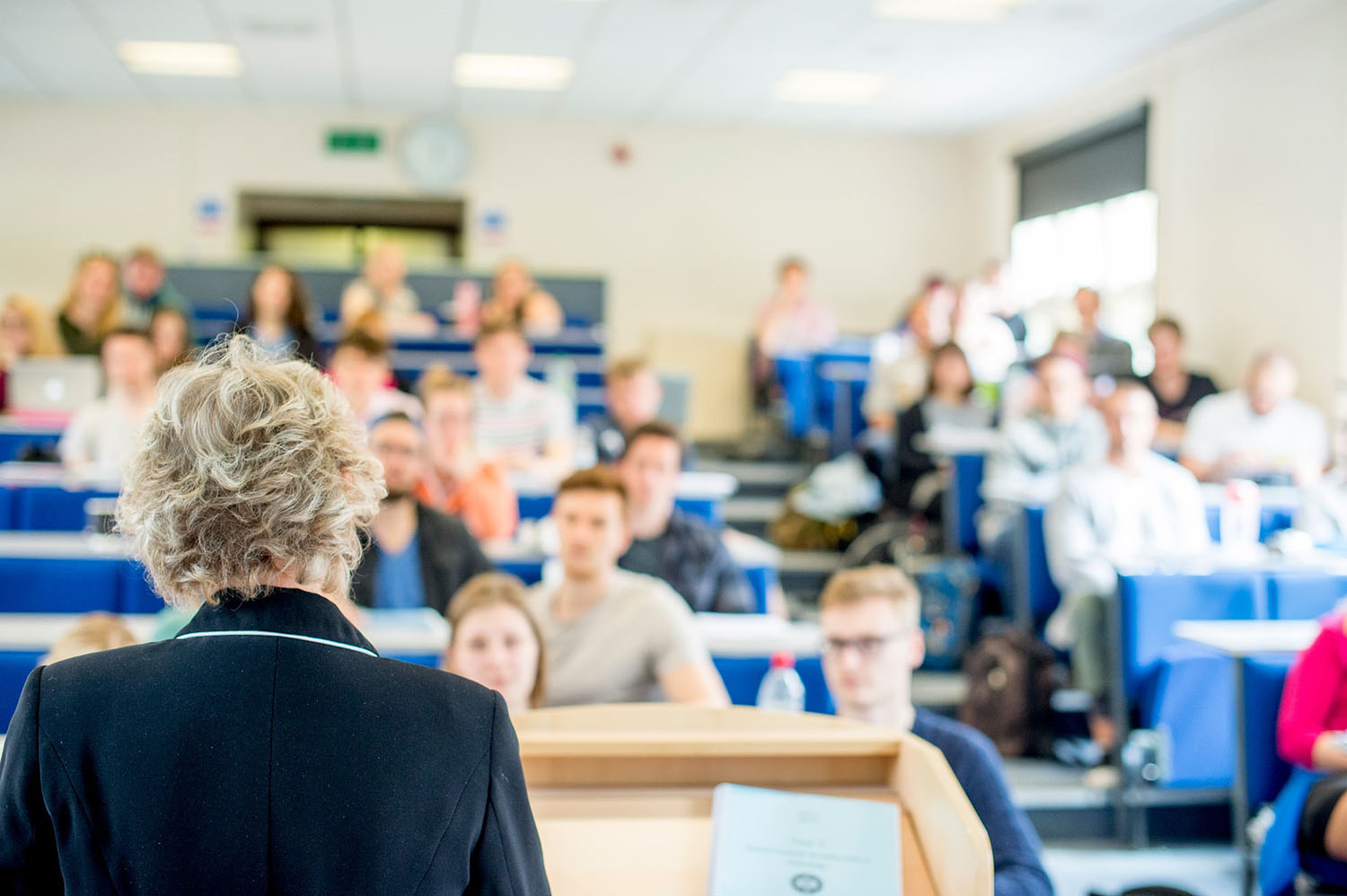
Advance HE has published a new report that explores the merger which brought together AECC University College in Bournemouth and the University College of Osteopathy in London to create Health Sciences University (HSU).
